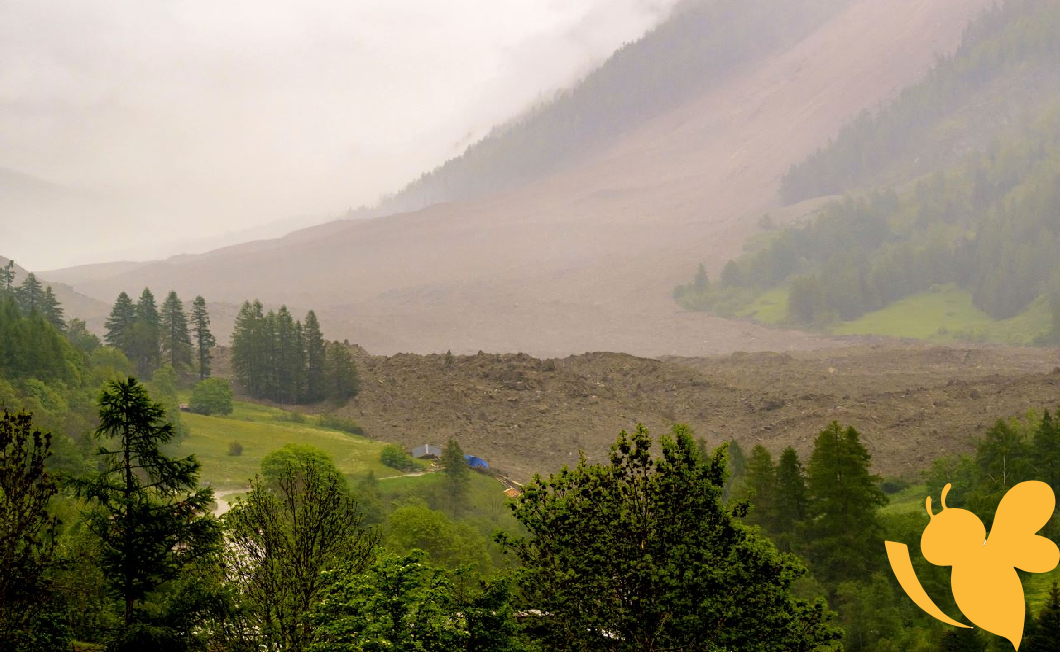The recent glacier collapse in the Swiss Alps, specifically affecting the village of Blatten, underscores the growing instability of alpine glaciers attributed to climate change. On May 28, 2025, a significant event unfolded when a massive portion of the Birch glacier collapsed, triggering a landslide that buried much of the village under debris . Prior to this disaster, local authorities had proactively evacuated approximately 300 residents and livestock due to warnings regarding the potential for such an event. This foresight likely mitigated loss of life; however, significant property damage occurred as homes and infrastructure were overwhelmed by mud and boulders .
A mudslide near Blatten, in Switzerland's Lötschental valley, partially submerged homes and buildings, as shown in social media videos and Swiss TV reports. Police reported a 64-year-old man missing, prompting a search and rescue operation using a drone with a thermal camera. According to Stephane Ganzer, head of security in the Valais region, the mudslide covered or destroyed approximately 90% of the village, calling it "a major catastrophe." The regional government attributed the landslide to a large chunk of the Birch Glacier breaking off, also burying the Lonza River bed and raising concerns about potential dammed water flows.
Blatten's mayor, Matthias Bellwald, said "the unimaginable has happened" but promised the village still had a future.
Local authorities have requested support from the Swiss army's disaster relief unit and members of the Swiss government are on their way to the scene.
The disaster that has befallen Blatten is the worst nightmare for communities across the Alps.
The village's 300 inhabitants had to leave their homes on 19 May after geologists monitoring the area warned that the glacier appeared unstable. Now many of them may never be able to return.
Appearing to fight back tears, Bellwald said: "We have lost our village, but not our heart. We will support each other and console each other. After a long night, it will be morning again."
Airlifting cattle is commonplace in the Alps when farmers are facing dire circumstances.
In 2023, the village of Brienz, Switzerland, narrowly averted a similar fate as Blatten’s when a portion of the mountain gave way and sent 50 million cubic feet of rock tumbling just shy of a schoolhouse. The village’s roughly 85 residents had been told to evacuate a few weeks earlier.
This incident is emblematic of broader geological changes occurring within alpine regions. Recent studies indicate that glaciers in Switzerland have lost about 10% of their volume between 2022 and 2023 alone . The ongoing rise in global temperatures exacerbates these conditions, leading to increased frequency and severity of glacier-related hazards. As global warming progresses, understanding these dynamics becomes critical for developing effective disaster preparedness strategies in vulnerable communities like Blatten .
Read more
Elon Musk step back from US government role after breaking with Trump on tax bill US court limits Trump tariffs, citing overreach of presidential powerSara H
Also on site :
- Dreamy Boracay escape
- Parents’ intuition more likely to predict child’s critical illness than checking vital signs, study finds
- Falling for Manila’s cultural whirlwind

